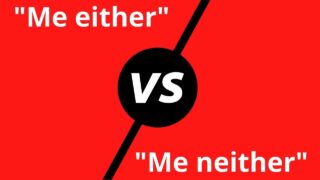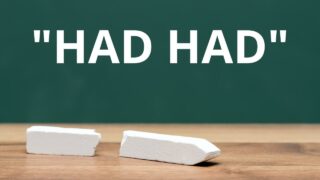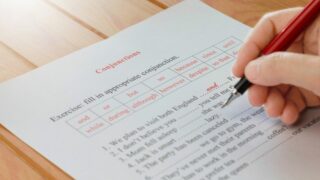People ask whether “me either” or “me neither” is grammatically correct. A quick search online would let you know that either expression works just fine in real life. But, why is this so? And, why do people still come up with such questions these days if either way really does work? Today, we’ll try to …
Grammar
Knowing when and where to use commas is an important life skill; it saves us from miscommunicating what we mean. But, people seem to get confused about when exactly this should be done, such as when they should put a comma after the word “beforehand.” Today, we’ll be tackling this very issue to make writing …
There are several known ways to talk and write about time. We can use seconds, minutes, hours, and even days to measure time. When we work locally, we barely need to think about time zone differences. At other times, though, we need to be extra cautious with time differences because our colleagues live in other …
While we can mostly recognize nouns, verbs, and adjectives with ease, we may not exactly know that their crossbreed forms exist – gerunds and participles. This goes to show that while speaking and writing in English is pretty simple for the most part, understanding its grammatical system is a different ball game. But, worry no …
Knowing when and where to place commas is not an easy thing to do; it requires stylistic and grammatical knowledge. This is particularly true with the word “whenever.” Being an adverb and a conjunction at the same time, “whenever” is also naturally a tricky word to use, especially among many non-natives. So today, we cover …
Human curiosity has come to a point where people ask specific questions like “When do we need to place a comma before ‘which’ in the UK?” What this question actually means is whether there is any significant difference between how British and American English users use their commas. Whether to use a comma or not …
Although “scenic spots” and “scenery spots” both seem harmless and understandable on the surface, most native speakers find one of these two unnatural. The words “scenic” and “scenery” are both related to “scenes,” or more precisely, “views.” However, the former is an adjective and the latter is a noun. Apart from that, there are other …
While most people are confident enough in using “has had” or “have had” in a sentence, using “had had” is a whole different story. Well, we can’t blame anyone for this because, in the first place, the grammatical rules behind “had had” are certainly not for beginners. Today, we won’t only find out what “had …
Conjunctions. Yeah, the notorious ones. Not everybody likes them, but they are extremely helpful cohesive devices in any language. Albert Einstein once said, “If a cluttered desk is a sign of a cluttered mind, of what, then, is an empty desk a sign?” Without conjunctions, the flow of our ideas would be just as disorganized …









